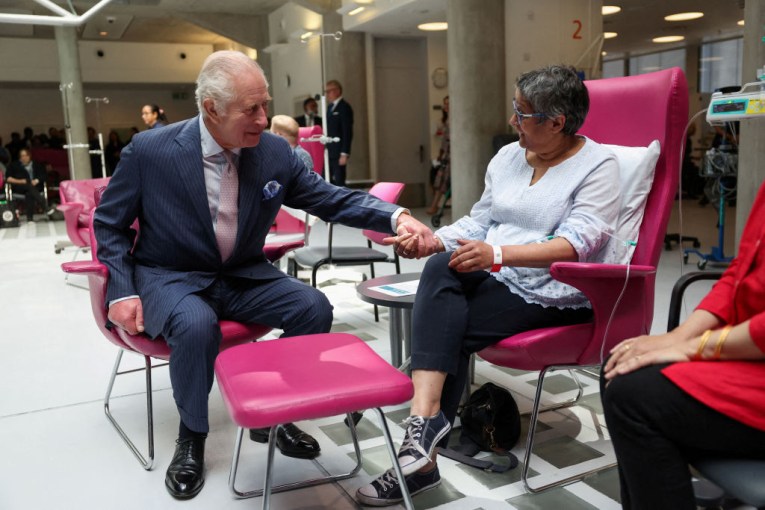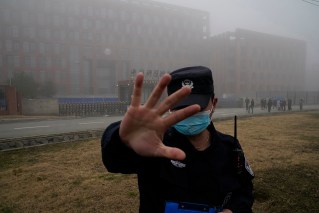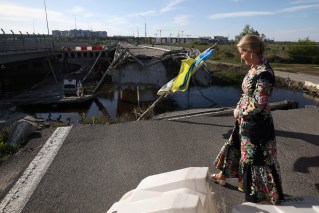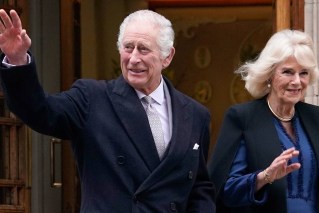Green skills are needed to achieve net zero – but what are they?

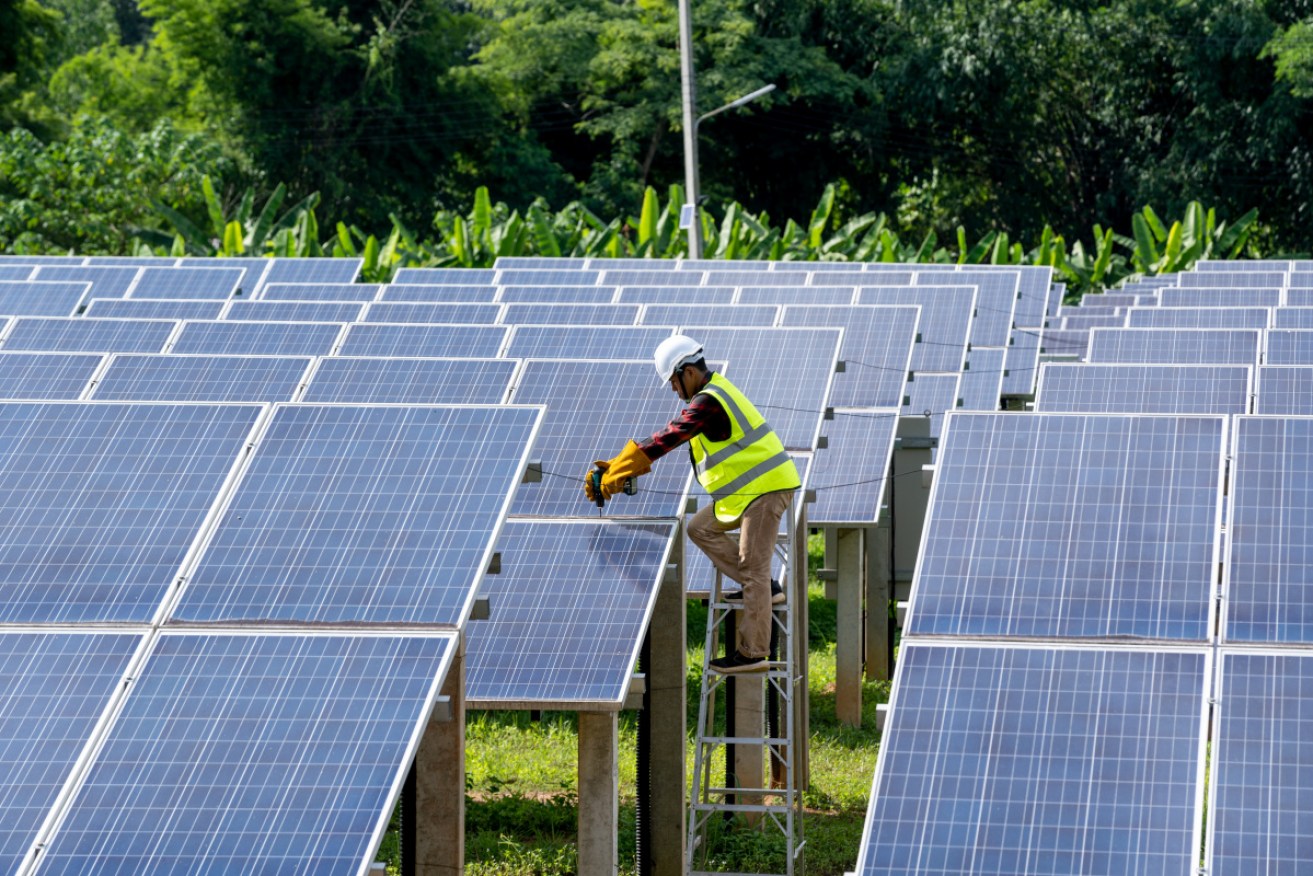
Australia needs more green workers. Photo: Getty
The government has introduced legislation to parliament to accelerate Australia’s transition towards net zero – and experts say a green-skilled workforce is an essential component.
One of the functions of the Net Zero Economy Authority proposed by the government recently would be to help workers affected by the net-zero transition acquire skills to improve their employment prospects.
Jim Stanford, director of the Australia Institute’s Centre for Future Work, told The New Daily governments, educational institutions and employers must identify the qualifications and skills that will be required, then invest in training programs.
“This has to be an economy-wide strategy,” he said.
“It can’t be left to just individual interest and individual choices.”
WorkforClimate head of experience Laure Legros said green skills are needed to transition to sustainability, with Australia and the world at large facing ongoing environmental and social crises.
“We’re very much behind because we have wasted a lot of time not taking climate action … and now things are really urgent,” Legros said.
“The best time to take climate action was 50 years ago. The next-best time is now.”
What are green skills?
Green skills are knowledge and abilities that encourage and enable environmentally-sustainable practices in the workplace and in the wider community,
Legros said green skills could be divided into ‘hard’ and ‘soft’ categories.
Hard green skills may be the first that come to mind, such as engineering knowledge and carbon accounting.
Meanwhile, soft green skills such as change management – supporting an organisation’s transition to becoming sustainable – could be applied to a broader range of industries, she said.
“We very much believe in this idea that to change everything, we need everyone [in] every role function in every sector [to] ask themselves the question of how their practice needs to evolve to be compatible with sustainability and climate goals,” Legros said.
Stanford said for electricians, green skills could include knowing how to install renewable energy systems, while workers in construction will need to be able to build everything from wind and solar energy fields to green residential and commercial buildings.
Is there already a green skills shortage?
Yes.
LinkedIn found between 2022 and 2023, the share of green talent in the workforce rose by a median of 12.3 per cent, while the share of job postings requiring at least one green skill grew by a median of 22.4 per cent.
In Australia, industries are also under pressure from a skills shortages that have nothing to do with sustainability.
For example, the construction industry is desperate for workers.
BuildSkills Australia found that for the government to achieve its goal of building 1.2 million homes in the next five years, the construction industry would need to attract 90,000 extra tradespeople in the next three months.
On top of attracting more students to the traditional trades qualifications, Stanford said vocational education institutions such as TAFE will need to create new curriculums and certificates for evolving occupations such as manufacturing renewable energy systems.
Renewable energy companies themselves will also have to work hard at investing in improving quality and stability of jobs in the sector.
“You’ve got private energy developers who come in, they want to make a quick dollar on a new wind farm or a new … utility-scale solar array, and they just … contract short-term labour for as cheap as possible,” he said.
“So renewable energy employers are no different than other employers … in that they may be very short-sighted and very interested in fattening their own bottom-line rather than creating a stable profession where people have a chance to gain qualifications and gain experience over time.
“You can’t do that if you’re working on a six-month contract, and you don’t know what comes after the six months.”
Legros said employers in heavy emissions areas in particular, such as mining, energy and transportation, have a responsibility to re-skill their workforces as the world shift towards renewables.
